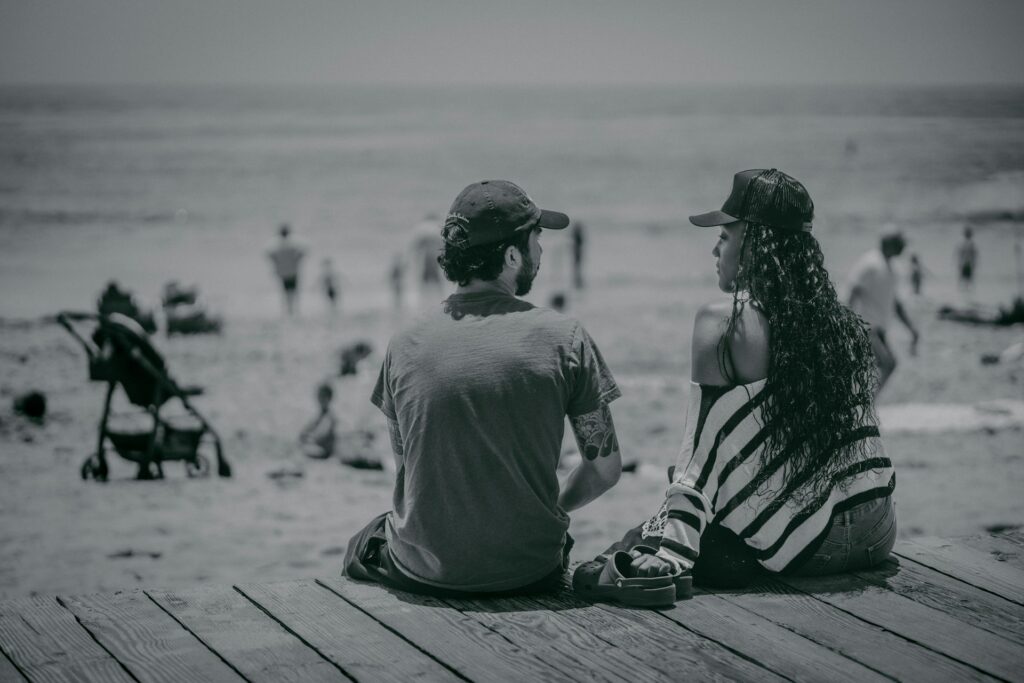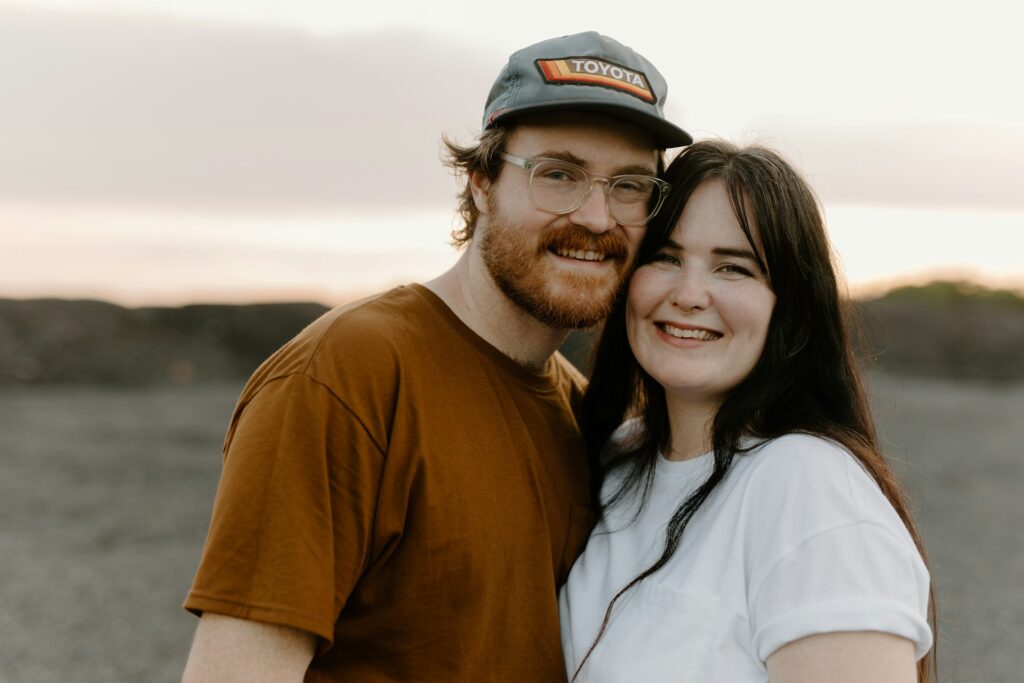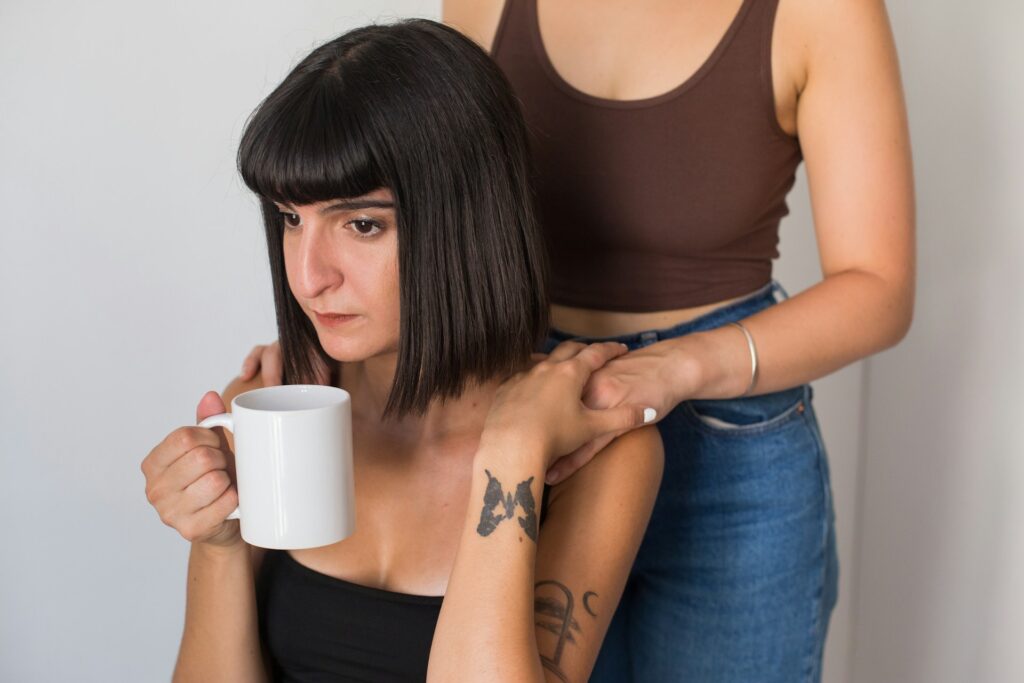Being let down by someone you trusted has a way of making you want to close up.

Even if you crave connection, it can start to feel risky, tiring, or just not worth it. However, shutting yourself off doesn’t always protect you—it often just keeps you stuck in that place of hurt. Staying open after disappointment doesn’t mean being naive. It means learning how to carry both caution and courage. Here are some ways to do exactly that.
1. Let yourself admit that it hurt.

You don’t have to minimise what happened just to move on faster. Being honest about how it affected you is part of keeping your heart open. Ignoring it only builds resentment, and resentment quietly closes doors. Letdown doesn’t have to harden you, but it does deserve to be acknowledged. Naming your disappointment is what keeps it from quietly shaping your future relationships without your permission.
2. Stop expecting yourself to trust again immediately.

Trust isn’t something you “should” hurry back into. If someone let you down, it’s natural to feel hesitant with the next person. That doesn’t mean you’re bitter—it means you’re adjusting your pace, and that’s wise. Trusting slowly doesn’t mean you’ve closed your heart. It just means you’re being thoughtful with it this time. That’s not fear—it’s discernment.
3. Let good connections feel good, even if part of you flinches.

Sometimes the scariest thing isn’t being hurt—it’s realising you’re enjoying something again. When someone treats you well, it can feel unfamiliar, even suspicious, if you’re used to being let down. It’s okay if your instinct is to brace for disappointment. But let the good moments in, even if it’s just a little at a time. You’re not betraying your past pain—you’re making space for something different.
4. Don’t turn disappointment into a blanket belief.

It’s tempting to protect yourself by making broad rules: “I can’t trust people,” or “I’m done trying.” However, those blanket beliefs often punish you more than anyone else. They block the exact thing you still want—connection. You can acknowledge that someone hurt you without deciding that everyone will. Staying open doesn’t require forgetting what happened. It just means refusing to build walls out of it.
5. Ask what you’ve learned, not just what you’ve lost.

Letdown leaves a scar, but it also leaves information. Maybe you ignored a red flag. Maybe you gave too many chances. Maybe you stayed too quiet about your needs. That doesn’t mean it was your fault—it means now you know more. Let that learning empower you, not shame you. Growth doesn’t cancel out the pain, but it does make it useful. And using your experience to choose better next time is an act of self-respect, not cynicism.
6. Be honest with yourself about what you still want.

Sometimes after being hurt, we tell ourselves we don’t care about connection anymore. It feels easier than admitting we still want it—but are scared it won’t last. There’s strength in owning that you still hope for closeness, even when it feels risky. That honesty keeps the part of you that’s still open alive, even while the rest of you is still healing.
7. Let your boundaries grow—without turning into armour.

Boundaries are healthy. They protect your energy, your time, your peace. But when they harden into walls, they stop protecting you and start isolating you. Ask yourself: are these boundaries about self-respect or self-protection? Are they rooted in clarity, or fear? You deserve boundaries that support connection, not ones that quietly block it out of habit.
8. Talk about your fear of being let down—don’t just hide it.

Vulnerability doesn’t disappear just because you avoid showing it. Let the right people in on your fears. Let them know you’re still learning how to trust. That honesty can create the kind of connection you’ve been missing. It’s okay to say, “I want to be open, but I’m scared.” That kind of transparency builds trust faster than pretending you’re fine when you’re not.
9. Notice who makes you feel safe without trying too hard.

You don’t need grand gestures or perfect words. Pay attention to who makes you feel grounded, not anxious. Who listens without rushing in to fix you. Who respects your boundaries without taking them personally. Safety often shows up quietly. Let yourself notice it. Let yourself lean into it slowly, without needing it to feel cinematic. Sometimes the most healing connections are the ones that feel simple and steady.
10. Don’t confuse emotional distance with emotional strength.

Keeping everyone at arm’s length can feel like control, but it often just leads to more disconnection. Strength isn’t about staying untouched—it’s about choosing connection *knowing* it might hurt, and doing it anyway, when you’re ready. You can protect your peace and still let people in. It’s not either-or. The challenge is learning when you’re pulling back out of wisdom, and when it’s just fear wearing strength as a mask.
11. Let yourself receive—without rushing to reciprocate.

If someone offers care, support, or kindness, your instinct might be to quickly even the score. You don’t want to owe anyone. But sometimes, rushing to give back is just another way of keeping your guard up. Try letting yourself simply receive. Let it land. Let someone care for you without needing to immediately balance the scales. That’s where real intimacy starts to grow.
12. Let slowness be your safety net.

Being open doesn’t have to mean being fast. You don’t have to pour your heart out all at once or rush into new connections to prove you’re “healed.” Move at the pace your nervous system can actually handle. Taking it slow is a form of self-kindness. It allows your body and brain to recalibrate. It gives you time to build trust naturally, not force it through performance or pressure.
13. Don’t shame yourself for being cautious.

If you’ve been hurt, of course you’re cautious. Of course you hesitate. That doesn’t mean you’re broken—it means you’ve felt something deeply before, and now you’re trying to figure out how to do it more safely. You don’t have to choose between reckless openness and total shutdown. Caution can sit side by side with hope, as long as you give yourself room to grow into it.
14. Stay close to people who handle your doubt gently.

When you start to open up again, notice how people respond. Do they get defensive? Do they try to convince you they’re different, or do they just let you take your time? The people worth trusting won’t rush your process. They’ll give you room to feel safe without demanding a version of you that’s already healed. Stay close to the ones who understand that slow trust is still trust.
15. Remember that staying open doesn’t mean never being hurt again.

Openness doesn’t guarantee protection. But it does make room for connection, joy, softness, and surprise—things you can’t access when you’re shut down. Hurt may still happen, but so can healing relationships. Letting yourself stay open isn’t a promise that you won’t be let down again—it’s a decision to keep living with depth anyway. Because even after pain, connection is still something your heart is wired for.


